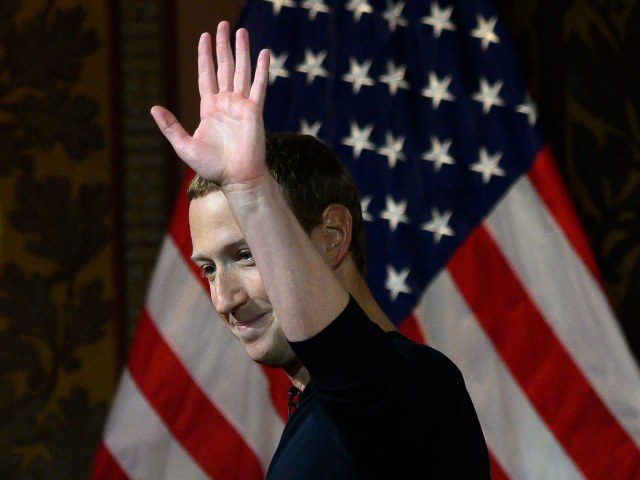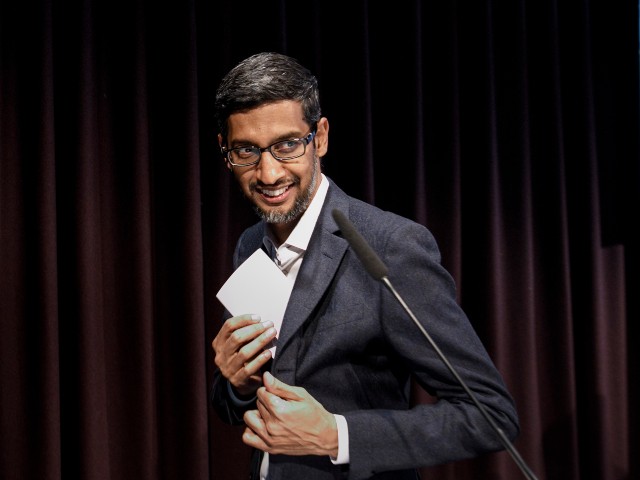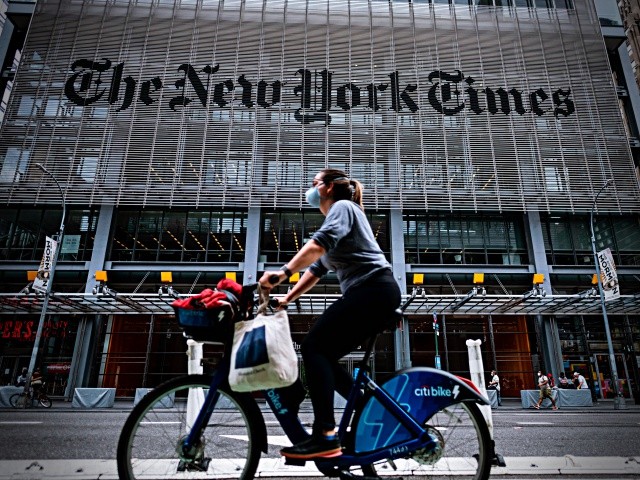The corporate media may lose some of the special treatment it was given by Big Tech in the years following Donald Trump’s 2016 election victory, according to a report in the Wall Street Journal.
According to the report, Facebook, which pays corporate media outlets including the New York Times, the Washington Post, and the Wall Street Journal, tens of millions of dollars in annual fees to feature content in its News Tab, may not renew the payment agreements with those publishers.
By focusing on just News Tab fees, WSJ actually understates the amount that Facebook is paying to the corporate media. A report in the Wrap last year indicates that Facebook has poured over $600 million into supporting the so-called “journalism” industry since 2018.
Nevertheless, WSJ reports that at least a small part of that gargantuan revenue stream may be cut off.
Via the Wall Street Journal:
Meta Platforms Inc.’s Facebook META -4.58%▼ is re-examining its commitment to paying for news,people familiar with the matter said, prompting some news organizations to prepare for a potential revenue shortfall of tens of millions of dollars.
The company has paid average annual fees of more than $15 million to the Washington Post, just over $20 million to the New York Times, NYT -1.97%▼and more than $10 million to The Wall Street Journal, according to people familiar with the matter. The Journal fee is part of a broader Facebook News deal largely negotiated by parent company Dow Jones & Co., including annual compensation worth more than $20 million, people familiar with the partnership said.
Facebook hasn’t provided publishers with any indication that it plans to re-up the partnerships in their current form, or at all, according to people familiar with the matter. The company is looking to shift its investments away from news and toward products that attract creators such as short-form video producers to compete with ByteDance Ltd.’s TikTok, according to some of the people.
Once upon a time, on platforms like Facebook and Twitter, the corporate media had to compete on a relatively even playing field with independent bloggers, publishers, and other creators.
Despite vastly outgunning the independent media in funding and personnel, the corporate media often struggled to compete against the independent media on Facebook.
Following Trump’s win in 2016, the media, together with corporate advertisers, globalist NGOs, and left-wing activist organizations, drove public panics around “fake news,” “misinformation,” and “extremism” to pressure tech companies to rig the game in their favor. Sometimes this coalition lobbied Facebook behind the scenes; at other times it sought to coerce the tech giant into line through corporate boycott campaigns.
Facebook paying tens of millions of dollars to already-wealthy outlets like the New York Times and the Washington Post, and artificially promoting them to users through the News Tab, was in part a result of those efforts.
Even more notoriously, it introduced the pro-MSM “fact-checking” regime that regularly suppresses traffic to outlets competing against the corporate media, including Breitbart News.
Last year, WSJ revealed that post-2016 algorithm changes reduced traffic to Breitbart News from Facebook by twenty percent, to the conservative Washington Times by eighteen percent, to the conservative Western Journal by sixteen percent, and to the non-progressive Epoch Times by eleven percent.
Despite the suppression, Breitbart News continues to outstrip its competitors on Facebook, including the New York Times, Los Angeles Times, and the Washington Post.
Apparently unsatisfied with Facebook’s documented track record of favoring the corporate press, the global media industry has also lobbied lawmakers around the world to force tech companies to give them more revenue. These efforts were successful in Australia, and Canada’s ruling Liberal party aims to introduce a similar law in that country.
Similar efforts in the U.S. have coalesced around the Journalism Competition and Preservation Act (JCPA), which Breitbart News has covered extensively.
The success of that bill will depend on whether enough Republican senators feel comfortable telling their voters that they support a bill to rescue the same industry that continues to smear them as extremists, insurrectionists, and racists.
Allum Bokhari is the senior technology correspondent at Breitbart News. He is the author of #DELETED: Big Tech’s Battle to Erase the Trump Movement and Steal The Election. Follow him on Twitter @LibertarianBlue.



COMMENTS
Please let us know if you're having issues with commenting.